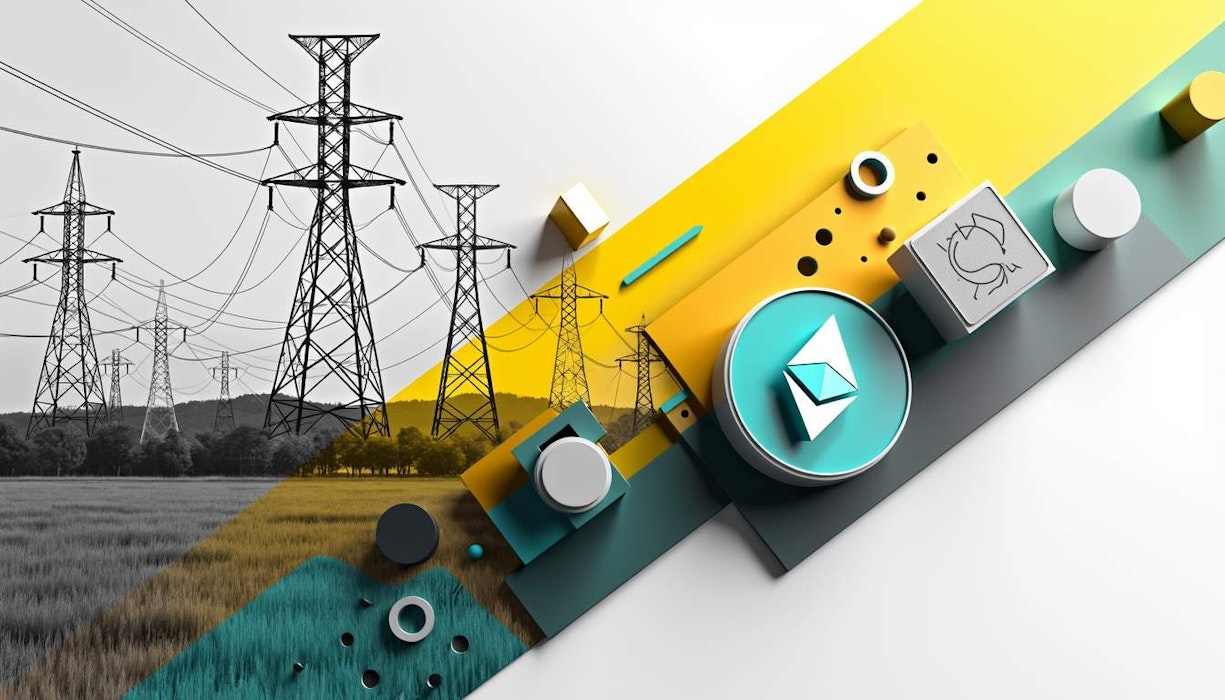You heard it right, folks! Rosseti Group, the big cheese of electric grid operations in Russia, is diving headfirst into the world of cryptocurrency mining. They have plans to harness the power of underloaded power centers, which means they're looking at the opportunities lying in wait. Rosseti's goal? To make good use of that unused capacity, rake in some extra cash from tariffs, and give a little boost to the economy in the regions where they're doing business. As Russia faces its own energy consumption conundrums, this move could shake things up in the crypto mining scene over there.
What’s the Deal with Cryptocurrency Mining in Russia?
Let's break it down. Cryptocurrency mining has become a major player in Russia, gobbling up around 16 billion kilowatt-hours of energy every year. That's about 1.5% of the whole country's energy use! But this high consumption comes with its own set of problems, especially when it comes to distributing energy. Some regions, particularly those with severe winters and old power infrastructure, have faced serious challenges. To combat this, the Russian government has rolled out a bunch of regulations, even banning some mining activities in certain areas.
Rosseti's Plans for Crypto Mining Infrastructure
Now, Rosseti Group is stepping up to the plate, saying they want to take on the role of operator for mining infrastructure. Their plan is to tap into those underloaded power supply centers, make sure that capacity is being used, and help local economies flourish. The idea is to connect electricity consumers with mining facilities in places where there's not a lot of competition for power.
What’s the main goal? To make the most of that unused capacity, of course. They want to boost tariff revenues and help regional economies grow by upping tax contributions. Discussions are already happening about how Rosseti can get involved in the mining game and what they can do to get more demand from those underutilized centers. They're even thinking about setting up a special tariff system to manage demand. And let’s not forget, Rosseti is boasting about its top-notch infrastructure, which includes fancy switching equipment and systems capable of controlling those mining loads. It's all about keeping the energy flowing reliably across the regions.
What’s the Legal Scene Like?
The landscape is changing. In August, President Vladimir Putin gave a nod to a law that regulates cryptocurrency mining. The law states that only registered companies and individual entrepreneurs can mine on a large scale in Russia. But with energy consumption on the rise, the government extended its winter ban on local cryptocurrency mining to a whopping six years. What was once just seasonal has now turned into a full-on ban from January 1, 2025, to March 15, 2031. Places like Dagestan, Ingushetia, Kabardino-Balkaria, and Chechnya are all in the crosshairs of these restrictions.
Economic and Energy Implications
But wait, there's more! Crypto mining has had its perks, especially in terms of energy costs. Russian energy companies have been cashing in on crypto mining by selling off excess energy capacity that they can't move on the international market due to those pesky Western sanctions. Miners are getting their hands on cheap electricity, which is pretty much the lifeblood of their operations. Regions like Irkutsk, Sverdlovsk, and Krasnoyarsk are looking pretty good for mining, thanks to competitive electricity prices and chilly weather that helps keep their operations cool.
Legalizing crypto mining could have some serious economic perks for Russia: - Energy Sector Gains: Energy companies like Gazprom Neft are seeing significant benefits from the crypto mining boom. They're managing to recoup some of the income lost due to sanctions by using energy that would otherwise be hard to sell internationally. - Economic Growth Potential: Russia is hoping that legitimizing crypto mining will drive economic growth. The country is already a major player in the global mining market, ranking second only to the United States in terms of revenue generated. - Sanctions Evasion: The new regulations could also provide Russia with a way to use crypto as a global payment system, helping them dodge some of the Western sanctions. It means businesses can make and receive payments in digital assets without having to rely on the U.S. dollar.
Final Thoughts
Rosseti Group's venture into using idle power for crypto mining is a bold step aimed at optimizing capacity and spurring economic growth in Russia. Aligning with the country's regulatory framework and addressing energy challenges could reshape the future of digital assets in Russia. As the industry develops, balancing the economic benefits with energy management will be crucial for sustainable growth.
